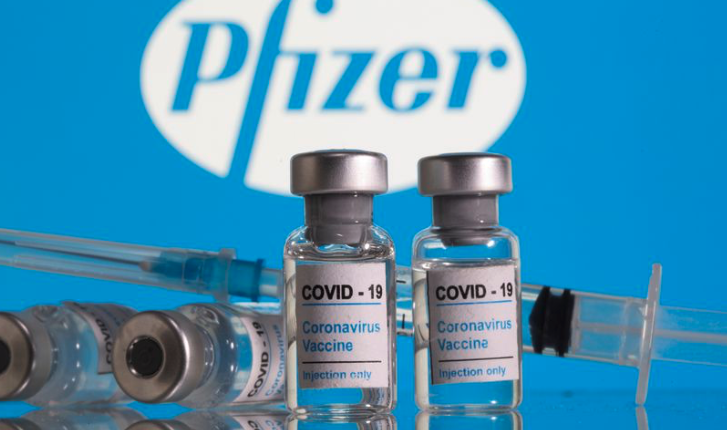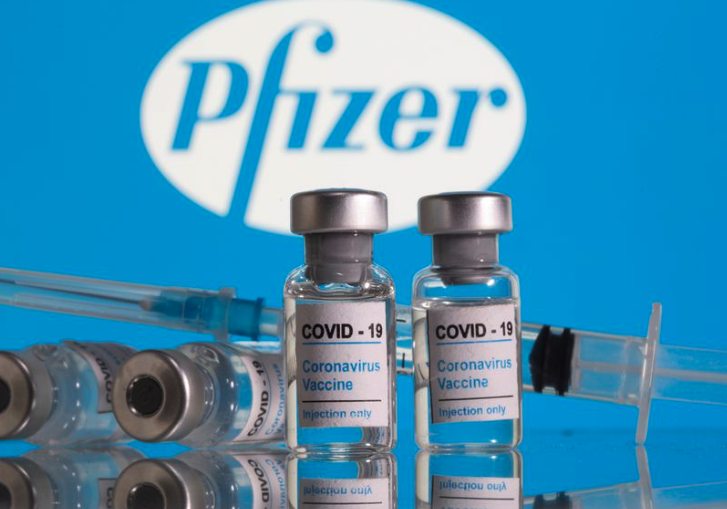- Australian’s aged five to 11 will be able to receive Pfizer from early next year, the Australian Government announced on Friday
- The vaccine for this age group is one third of the dosage given to people aged 12 years and over
- This news follows the recommendation from the Australian Technical Advisory Group on Immunisation (ATAGI)
- The next steps including childhood specially vaccination training for healthcare providers and batch testing of doses by the Therapeutic Goods Administration
- ATAGI said research shows that the Pfizer vaccine is up to 91 per cent effective in children
All children aged five to 11 will be able to get a COVID-19 jab from early next year after the Australian Government accepted recommendations from the Australian Technical Advisory Group on Immunisation (ATAGI).
From January 10, this age group will be able to receive the Pfizer vaccine to help prevent serious illness from COVID-19.
The vaccine for this age group is one-third of the dosage given to people aged 12 years and over.
This is the second of four critical steps to be completed before January 10, with the next steps including childhood specific vaccination training for healthcare providers and batch testing of doses by the Therapeutic Goods Administration (TGA).
Prime Minister Scott Morrison said keeping our kids healthy and safe is important to every family.
“This will be welcome news for millions of families across the country who want the opportunity for their children to be vaccinated. In one month from today, around 2.27 million Aussie kids aged five to 11 years will have the opportunity to roll up their sleeve and get vaccinated against COVID-19,” he said.
“This will bring great relief to so many mums and dads, who now have a choice on what’s best for their kids. They can have peace of mind knowing this has the tick from the best medical regulators in the world.”
While most children who get COVID-19 will have mild or no symptoms, some children will experience severe disease and can be sick for months after getting the virus.
ATAGI, after reviewing clinical data from Canada, recommended an eight-week interval between the two doses, which can be shortened to three weeks in special circumstances such as an outbreak.
Minister for Health and Aged Care Greg Hunt today welcomed ATAGI’s recommendations.
“Australians can be reassured that by vaccinating their children against COVID-19 they have done everything possible to keep their child safe from this virus,” Minister Hunt said.
“Vaccinating children can also help reduce community transmission and help prevent children passing the virus on to younger siblings, grandparents and the wider community.”
So far, around five million children aged five to 11 have received at least one dose of Pfizer in the US, and about 1.4 million have received two doses.
ATAGI said research shows that the Pfizer vaccine is up to 91 per cent effective in children.
The TGA and ATAGI are also assessing the Moderna vaccine for children 6-11 years of age with advice expected over the coming weeks.







